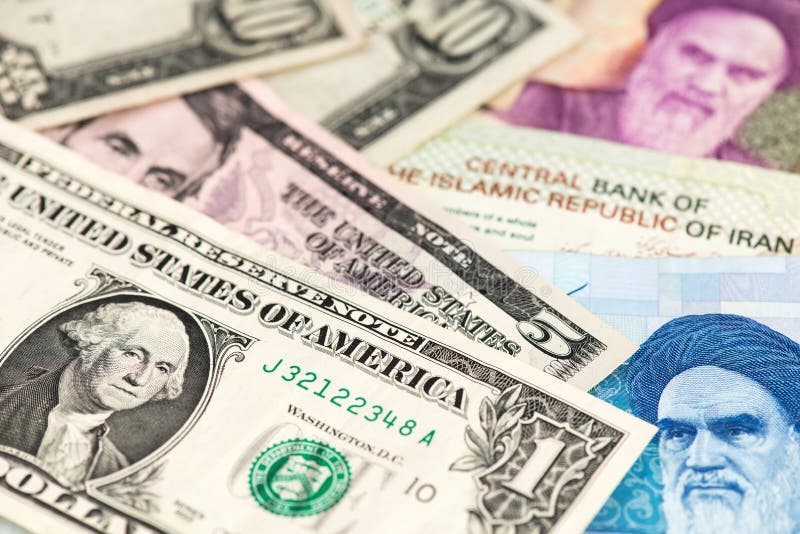
Biden opens up the bank vault for Iran
FEBRUARY 03, 2022 07:00 AM
During his campaign for president, Joe Biden criticized President Donald Trump’s withdrawal from the 2015 Iran nuclear deal and promised to reverse it.
Whereas Trump embraced a policy of “maximum pressure” to compel Iran to cease terrorism, covert nuclear and ballistic missile work, and other rogue behavior, Biden and Rob Malley, his special envoy for Iran, took the opposite approach. They sought to entice Iran with incentives such as sanctions relief, unfreezing assets, and the liquidation of restricted-use escrow accounts.
The scale of the financial relief offered to Iran is now mind-boggling.
In May 2021, Malley was offering Iran relief equivalent to $7 billion, nearly equal to the budget of Iran’s entire conventional military for 2022. As Iranian negotiators stonewalled — they have not sat down with Malley or his team but instead insist on talking through intermediaries — Malley’s team upped the ante. Today, the Biden administration appears poised to provide Tehran with $12 billion, equivalent to a quarter of Iran’s total budget at the real exchange rate. This does not include, of course, the windfall Tehran seeks to gain from increased oil sales already augmented by lack of sanctions enforcement. This fund does not include off-budget spending, such as the oil revenue directly allocated to the Revolutionary Guards or the additional billions that Iran’s national oil company allocates for national stabilization and development but in actuality flows into Revolutionary Guards’ coffers.
Should Supreme Leader Ali Khamenei accept Malley’s offer, the regime will receive an infusion of over $20 billion over the following year, essentially doubling the Revolutionary Guard’s budget. To put that conservative estimate in perspective , a suicide belt costs just $1,500, and the bombing of the Hebrew University cafeteria that killed five Americans cost only $50,000.
Nor does the money now offered to Iran account for the billion-dollar ransoms that the Iranians expect for hostage releases. After all, ever since Jimmy Carter’s administration acquiesced to release Iranian funds in exchange for hostages and Ronald Reagan traded arms for hostages, the Iranian regime simply seizes new hostages to use as chits in their negotiations.
The logic of Malley’s approach appears to be the belief that he can overcome the Iranian regime’s enmity by acquiescing to nearly all its demands. These need not only be financial — it could also be to acquiesce to Iranian influence in Iraq and Lebanon, support the Syrian regime’s rehabilitation, or to normalize Yemen’s Houthis at a time they increasingly attack Saudi Arabia and the United Arab Emirates with Iranian-made drones and missiles.
While Biden has criticized maximum pressure, the fact is such pressure has a track record of success. Maximum pressure and diplomatic isolation ended the Iran-Iraq War and, under President Barack Obama, a decline of 5.4% in Iran’s gross domestic product forced Tehran to the negotiating table.
The problem with Malley’s approach is that it has never worked. Ideology matters. Both Democrats and Republicans understood during the Cold War that the key to success was grinding down the Soviet economy, not subsidizing it. When the Clinton administration sought to provide food and oil to North Korea, Pyongyang diverted that assistance to the military and held on to its nuclear program. Decades of aid and concession to Russia and China did not end their enmity; they simply pocketed the cash and focused on their own military programs. Likewise, Palestinian terrorism has surged in direct proportion to Western and U.N. assistance.
Simply put, there is a reason why the Biden administration does not put Malley in front of Congress. If Congress asked Malley for any precedent of success or evidence that administration logic works, he could not answer the question. Malley is not gambling with the future security of America, its allies, and, for that matter, an Iranian public that increasingly despises the regime. Rather, he is selling out each one for nothing in return other than a future of terrorist bloodshed and nuclear blackmail.
Michael Rubin ( @mrubin1971 ) is a contributor to the Washington Examiner’s Beltway Confidential. He is a senior fellow at the American Enterprise Institute.
No comments:
Post a Comment